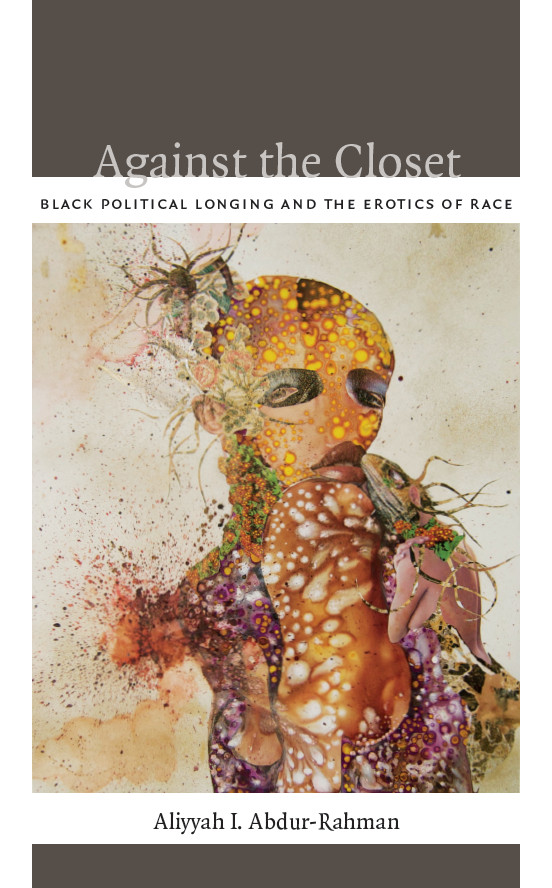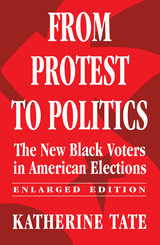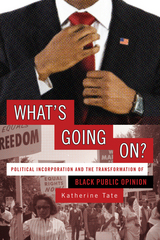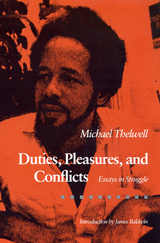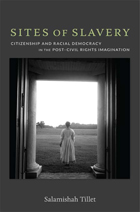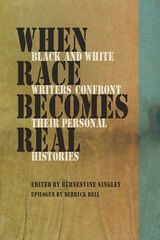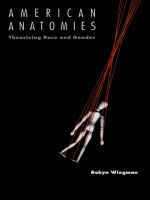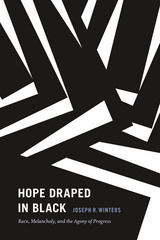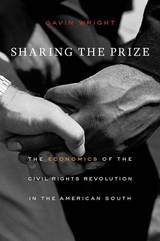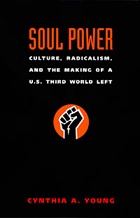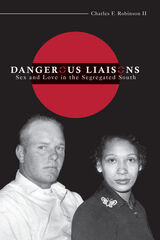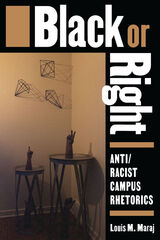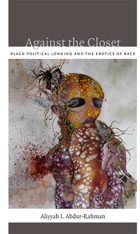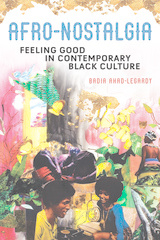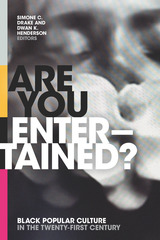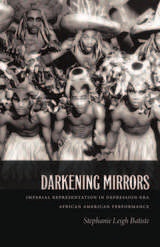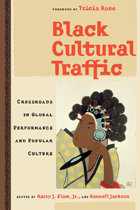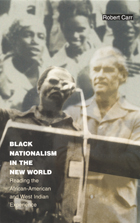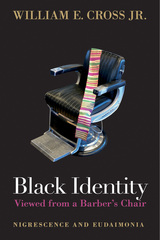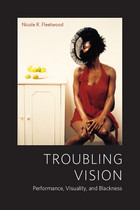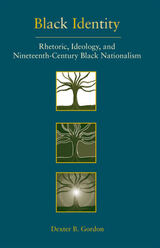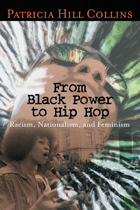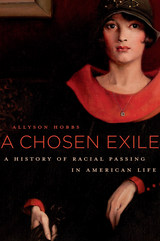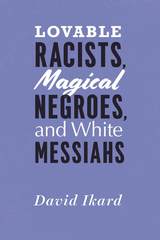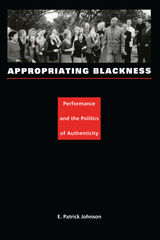"Against the Closet is an important and much-needed book, a significant contribution to African American literature, cultural studies, sexuality studies, and critical race theory. Aliyyah I. Abdur-Rahman's close readings of fictional representations of race and sex are nuanced and illuminating, and the history of racial thought and sexual science that she presents is indispensable."—Maurice O. Wallace, author of Constructing the Black Masculine: Identity and Ideality in African American Men’s Literature and Culture, 1775–1995
"In this significant and timely text, Aliyyah I. Abdur-Rahman complicates and expands our understanding of the queerness of blackness, making a welcome contribution to black cultural studies, black queer studies, literary studies, and work on lynching and the making of post-slavery whiteness."—Christina Sharpe, author of Monstrous Intimacies: Making Post-Slavery Subjects
“Against the Closet will benefit professors and ambitious undergraduate and graduate students of African American literature. With consistent theoretical acumen, Abdur-Rahman’s last three chapters likewise undermine dominant notions of modernity, normalcy, and belonging.”
-- Regis Mann Journal of American Studies
"Against the Closet offers a bold and timely exploration of black sexuality across the ages that is as firmly rooted in the history of African Americans as it is deft and innovative with close readings. . . . Speaking through and with the traditions of black feminist theory and queer theory, Against the Closet makes an indelible mark in its fields.”
-- Emily A. Owens Palimpsest
“Against the Closet is a story worth reading and retelling, as it weaves a lively, original, and complex narrative about the progressions of race and sexuality in African American literature, unencumbered by one way of reading or thinking about the material. It is both an informative and instructive critique of its subject matter, one that should be essential reading for scholars of black sexuality in African American literature.”
-- Timothy M. Griffiths Callaloo
“Against the Closet is no traditional literary study. But the ride it takes us on is bumpy only in the sense that it boggles the brain with fresh insights and inspired interpretations at every turn of the page. From an introduction that is even more a tour de force of cutting-edge critical theory than the Michael Jackson conclusion, through four chapters of deeply probing, richly textured, finely nuanced readings, Against the Closet challenges much of what has been thought and theorized about how sex and race mean not only in African American literature but also in American history.”
-- Ann DuCille Novel
“By adeptly using local and national newspapers, Mckiernan-González provides captivating accounts of local residents’ perspectives on and resistance to enforced measures. Fevered Measures joins Natalia Molina’s Fit to Be Citizens and Alexandra Stern’s Eugenic Nation as essential studies of public health campaigns among Latinos. It deserves to be widely read by scholars of U.S. history, Latino studies, public health, and border studies.”
-- Omar S. Valerio-Jiménez New Mexico Historical Review
“The critical frame offered in Against the Closet clearly has far ranging applications for the most current African American literary authors. As such, this important book may very well inspire further consideration of how sexual non-normativity can create a space for new modes of liberation and self-definition.”
-- Stephanie Li Modern Fiction Studies
"Against the Closet is an important book that theorizes African American literature as a historiography of racialized sexuality, and it will inspire elaborations in the most generative directions."
-- Roderick A. Ferguson GLQ
